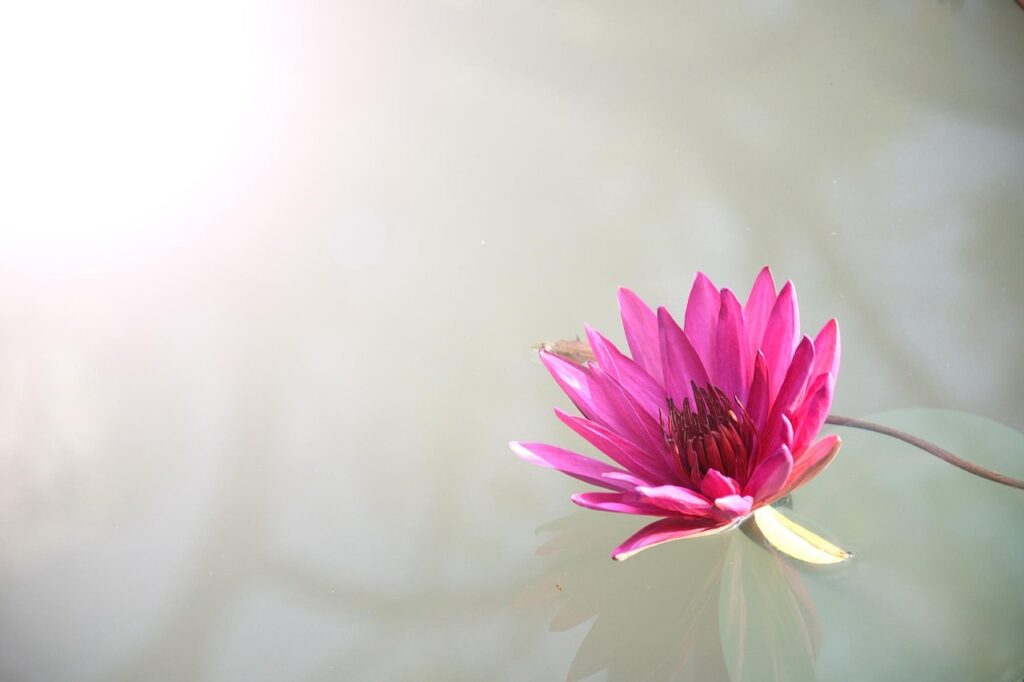A new study from the University of Cambridge found that common urban wildflowers could harm pollinators, such as bees, by absorbing toxic metals from contaminated soil. These wildflowers, meant to support pollinators, may unknowingly store dangerous metals like lead and arsenic in their nectar. This can put bee populations at risk. The study highlights the need for soil testing before planting wildflowers in urban areas.
Pollinator-Friendly Plants May Pose Hidden Risks
Urban wildflowers are often planted to support pollinators. However, a study from Cambridge reveals that these plants can absorb harmful metals like lead, arsenic, and cadmium from polluted soil. The metals accumulate in the nectar, which bees and other pollinators consume. This poses a significant risk to their health.
Even small amounts of these metals can affect bees’ cognitive functions. Research shows that these toxins can impair bees’ learning, memory, and foraging abilities. This weakens their populations and increases mortality rates. Lead is particularly harmful to pollinators, which makes the findings even more concerning.
Cleveland’s Polluted Soil
The study, published in Ecology and Evolution, took place in Cleveland, Ohio, a city with a history of industrial pollution. Cleveland has over 33,000 vacant lots, many contaminated by past iron, steel, oil, and car production. Researchers tested nectar from wildflowers growing on abandoned lots.
They found that chicory had the highest concentration of toxic metals, followed by white clover, wild carrot, and bindweed. Each plant species absorbed different levels and types of metals. This variation suggests that some plants may pose more risk to pollinators than others, depending on the contamination in the soil.
Soil Health Is Crucial for Urban Wildflower Planting
The study doesn’t suggest avoiding wildflower planting in cities. Instead, it emphasizes the importance of healthy soil. Dr. Sarah Scott, the lead author of the study, explained that wildflowers are important for bees, but soil contamination can be harmful.
“Wildflowers are essential for bees,” Dr. Scott said. “But contaminated soil can pose hidden risks. We urge people to check the land’s history and use soil testing and cleanup services if needed.”
A Global Problem
This issue isn’t just limited to Cleveland. Many older cities worldwide have polluted soil due to industrial activities, mining, and cement dust. Cities promoting green spaces for pollinators must prioritize soil quality. This will help ensure that wildflowers don’t harm the pollinators they aim to support.
The study calls for greater awareness of urban soil contamination. It also advocates for urban planning that prioritizes soil health, especially as cities create more pollinator-friendly spaces. Ensuring that the soil is safe for wildflowers will protect both the plants and the pollinators.
Cities worldwide are creating green spaces to support pollinators, but it’s crucial to check the soil quality first. Testing the soil for contaminants will help ensure that wildflowers benefit pollinators instead of harming them. Urban planning should take soil health into account to protect bee populations and other pollinators. More research and public awareness are needed to safeguard pollinators from urban pollution.
